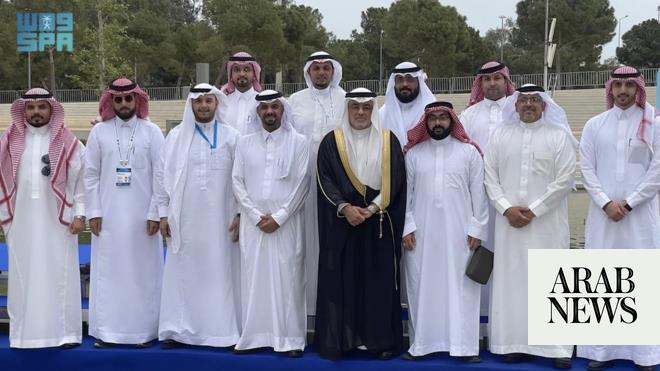
Saudi Aramco has announced its intention to proceed with an initial public offering (IPO) on the local Saudi stock exchange “Tadawul” after approval by Saudi Arabia’s Capital Market Authority.
It will raise as much as $40 billion, surpassing the top $25 billion record-breaking global IPO.
The Saudi Aramco IPO will ensure the sustainability of this giant with the vitality and efficiency required, and this can only be achieved by appearing as a natural commercial trading company with the transparency of announced financial statements, governance and evaluation by an independent board of directors.
This reflects that the Saudi Aramco IPO is an important milestone toward delivering Vision 2030, the Kingdom’s blueprint for sustained economic diversification and growth.
One of the main objectives of this IPO is to activate transparency and to monitor Saudi Aramco intensively. This is what the godfather of Saudi Vision 2030, Crown Prince Mohammed bin Salman, said. This will activate the key role of governance and improve efficiency. It will improve the profitability of Aramco, although it is already the world’s most profitable company.
Any organization has a lifespan; if we go back to the largest companies in the US 100 years ago we will not find them today. This is because structures are inherently aging. There is a life cycle from foundation, maturity and aging — in the sense that an organization is massively enlarged until reaching a stage that it cannot change or respond to the surrounding changes and new market requirements.
After the IPO, Saudi Aramco will achieve its objectives of enhancing the sustainability of its business, taking advantage of technology and innovation to increase the efficiency of production of crude oil and gas, and raise the level of reliability and sustainability.
Faisal Faeq
The good thing is that we did not see Saudi Aramco entering this stage, even after more than 86 years since its establishment. Saudi Aramco never aged but on the contrary, it has kept its energetic spirit. If we go back in history we will find that there is always a renewal in the existence of this huge system to maintain its vitality and continuity.
For example, Saudi Aramco acquired the assets of the Saudi Arabian Marketing and Refining Co. (SAMAREC) in 1993, which has turned Aramco from an oil and gas producer to a producer and a marketer of petroleum refined products as well, after which further successive refinery acquisitions around the world made Saudi Aramco the world’s largest integrated oil and gas company and one of the largest global refining capacities in the world.
After the IPO, Saudi Aramco will achieve its objectives of enhancing the sustainability of its business, taking advantage of technology and innovation to increase the efficiency of production of crude oil and gas, and raise the level of reliability and sustainability. Through comprehensive and disciplined capital expenditure procedures, Saudi Aramco maintained itself through the decades.
Today, we see that Saudi Vision 2030, which focuses primarily on preparing the Kingdom to assume its place in the world of tomorrow as one of the strongest economies in the world and reduce dependence on oil income gradually, has included Saudi Aramco in its reforms as it mirrors the broader change in the Saudi economy as it reduces its reliance on oil income.
Saudi Aramco IPO represents the Kingdom’s position as the most reliable supplier and key to the stability of the global economy. This requires a consistent Saudi Aramco dynamic role to balance the market, which requires a continuous upstream investment that has further enlarged its magnitude and enlarged its size.
This means that the inclusion of vision reforms to introduce a fraction of Saudi Aramco publicly came at a time when the company needs to secure its future because it is no longer a system isolated from its external environment.
Saudi Aramco as the “black box” will be finally opened and by that the crown prince fulfills his promise by launching the world’s largest IPO, which represents the depth of vision and the foundation of the plan for economic reform.
• Faisal Faeq is an energy and oil marketing adviser. He was formerly with OPEC and Saudi Aramco.
Twitter:@faisalfaeq








